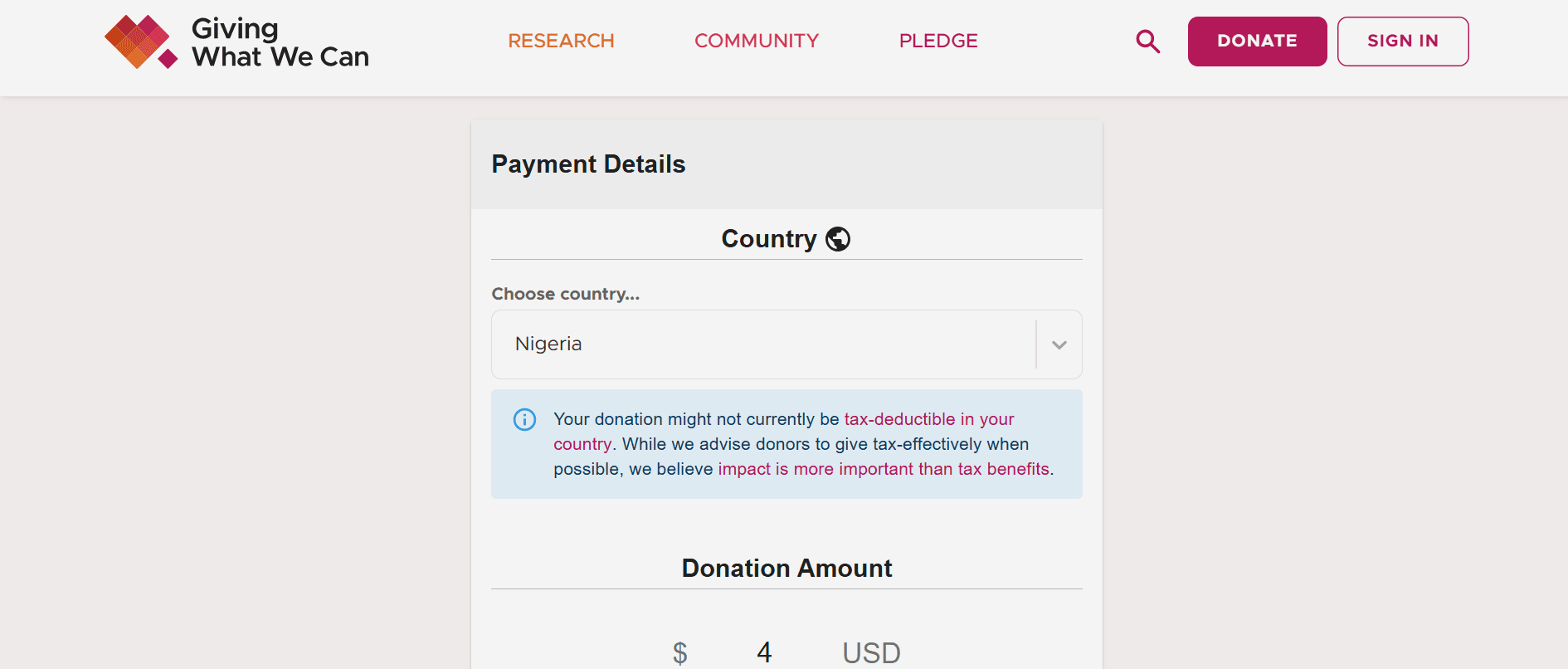The discussion of AI risk is only recently mainstream and therefore amateurs made contributions within the past decade. I think this experience exacerbates the self-assuredness of nuke risk amateurs and leads them to not bother researching the expertise of the nuke community.
For decades, many experts have worked on nuke strategy, and have come up with at least a few risk-reducing paradigms:
- Arms control can work, and nations can achieve their achievable nuke goals (eg deterrence and maybe compellance) despite lower nuke counts and can save money doing so.
- Counterforce is (arguably) better than countervalue
- Escalation is arguably a ladder, not a binary on/off switch
Based on its history of at least partial risk-reducing success, academically rigorous argument, and the sheer number of thoughtful hours spent, the establishment nuke community has probably done a decent job and improvements are probably hard to find. One place to start is the book Wizards of Armageddon by Fred Kaplan. It isn't the best book on nuke strategy generally, but it focuses on the history of the nuke community, so it will hopefully engender at least some respect for the nuke community and inspire further reading.
I think that in a field as well-established as nuke risk, improvements are more likely to be made on top of the existing field rather than by trying to re-invent the field.
Post-script: The EA community is criticized as unusefully amateurish in a recent podcast by a nuke professional https://www.armscontrolwonk.com/archive/1216048/the-wizards-of-armageddon/ but he does mention some positive work by Peter Scoblic, which I believe is https://forum.effectivealtruism.org/posts/W8dpCJGkwrwn7BfLk/nuclear-expert-comment-on-samotsvety-nuclear-risk-forecast-2



I really appreciate many of the points mentioned herein, and understand/share some of the skepticism and concern. These comments by Jeffrey:
Mycommunityfindsthisuncomfortableforthesamereasonthatdinosaursdon′tlikeasteroids.
and Harrison
Itoftengivesmethesurfacelevelfeelingofwatchingpeopletryingtokickdownabrickwallare interrelated to me & relevant to whether and how these communities get more involved with each other. There is much promising work to do, yet our field also needs to evolve. Perhaps we can create more nuclear expert/EA engagement opportunities. From the policy wonk side, we need to do so in open-minded and genuine ways if so. (FWIW, I think Jeffrey is a top-notch expert for such dialogue.) I'm at the start of a 2-week EA coworking experience, and the mutual benefits and learning were clear within the first hours of my time here.